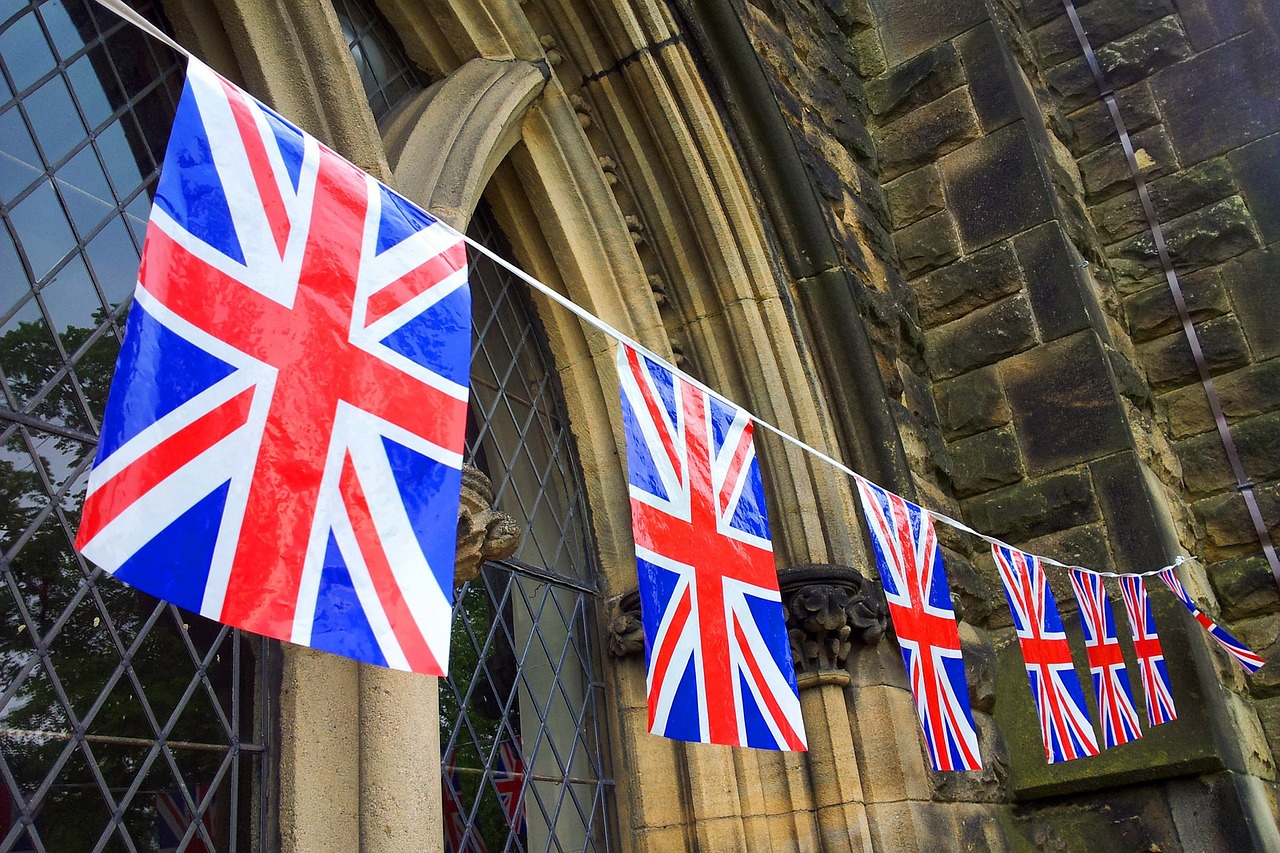What comes to your mind when you think of “British values”? Perhaps tea drinking, queueing, and a stiff upper-lip? Perhaps justice, freedom of speech, or maybe even Brexit? First coined by Tony Blair in 2000 in response to nationalists wanting to break up the UK, the phrase which was once used to promote national unity has mutated into divisive rhetoric.
In 2011, the UK government defined “British values” as consisting of democracy, the rule of law, individual liberty, mutual respect, and tolerance of those of different faiths and beliefs. A Department for Education spokesperson stated that such values would be added to national curricula to ‘ensure schools prepare [pupils] for life in modern Britain’ and promote social cohesion. David Cameron stated in 2014 that in order to imbue the population with a feeling of patriotism conducive to social and economic growth, a “proper narrative history [should be brought] back to the curriculum”.
“This is the country that helped fight fascism, topple communism and abolish slavery,” he proudly declared in a letter to the Mail on Sunday, omitting Britain’s colonial history and actual endorsement of slavery for two hundred years. He painted the concept of “Britishness” as completely faultless and opposed to evil, devoid of any negatives; and so began politicians’ corruption of British values.
One may question why the authorities were so eager to categorize something as abstract and changeable as values, ideals, and national identity. As the Counter-Terrorism and Security Act was rolled out in 2015, it became clear that the definition was more than merely an ethical statement. It provided the government with a legal basis to judge that any schoolchild not adhering to a predetermined set of principles, formulated by then-Home Secretary Theresa May, to be a threat to national security. Ironically, the anti-radicalization Prevent scheme, which encouraged pupils and staff to report students vulnerable to Islamic extremism, resulted in distrust between schools and Muslim communities, rather than increased social cohesion.
Moreover, the belief that merely educating the Muslim community about “British values” will reduce terror attacks is both patronizing and nonsensical. Ian Sansbury, director of the charity, the Oasis Foundation, said the government’s strategy has so far “missed the point regarding radicalization”, by ignoring the root causes, such as poverty and religious illiteracy. In 2016, more than 37 headteachers signed an open letter to then-Education Secretary Justine Greening calling for a renewed commitment to the teaching of PSHE, Citizenship and Religion in post-Brexit Britain. This was due to concerns that the government’s Prevent scheme, while adding “British values” to the curricula, had failed to address the low levels of international cultural awareness in young people which could lead to a rise in xenophobia.
The toxification of “British values” is in part due to the government’s use of the phrase, particularly after terrorist attacks to justify funding for tougher immigration policy. The effect of this is that non-white foreigners are seen as the antithesis of “British values”. This dangerous rhetoric has been picked up by the extremist nationalist group, the EDL. According to research carried out by the thinktank Demos, most self-declared EDL supporters were most driven by hostility to immigrants who they saw as ‘a threat to British values’. For this group, the term has mutated from ‘mutual respect, and tolerance of those of different faiths and beliefs’ to signify the opposite: homogenous British ethnicity.
The government cannot continue to define “British values” as democracy, the rule of law, individual liberty, mutual respect, and tolerance, while simultaneously using them in the context of immigration and solely Islamic terrorism, rather than all forms of extremism. Immigrants and British nationals alike can pose a threat to these values if they lack cultural and religious education or fall prey to radicalisation under extreme poverty. These issues need to be dealt with separately, so that extremist groups such as the EDL cannot justify their beliefs in defence of “British values”.

